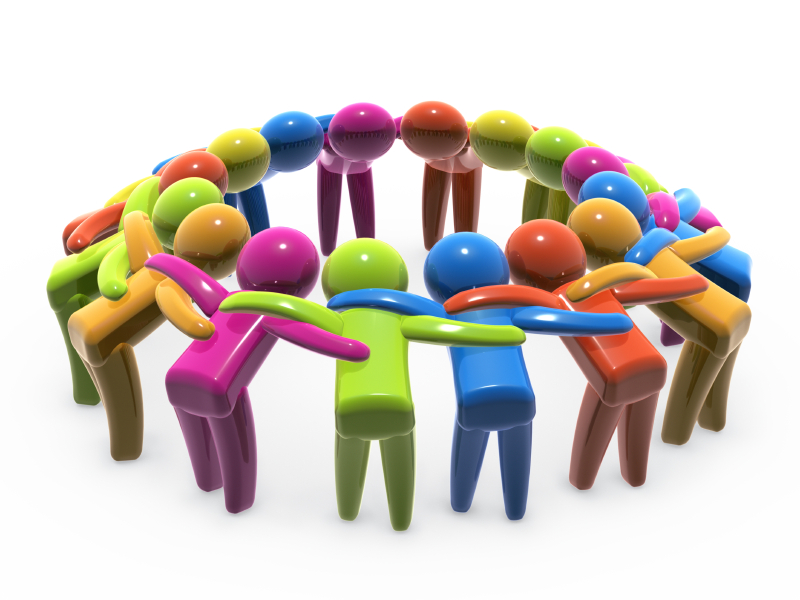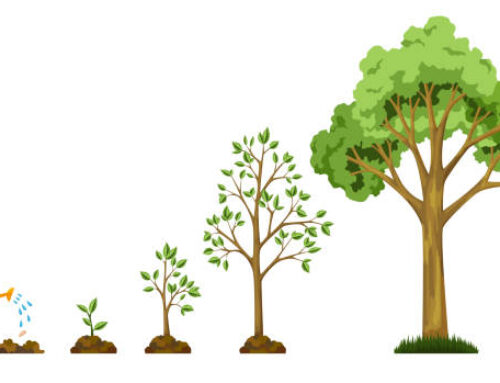Time for Teambuilding
Shawnee Love •
October 17, 2013
We often get calls from clients asking us to facilitate teambuilding retreats and activities. While happy to help as they are fun and invigorating projects, it is important to remember that teambuilding shouldn’t be saved for special occasions. Teambuilding can and should be part of your management efforts all the time.
Teambuilding is so much more than occasional games and challenges. Teambuilding can be built in to what we do every day and part of business as usual. Here are some everyday (I.e., low cost, low preparation) methods:
- Lunch & Learns: Build capacity and collective understanding by learning together.
- Meetings: Take the opportunity during roundtables to connect the dots between employees and departments. Show how one person’s good work and efforts help a colleague. Encourage employees to offer a hand when a team member is overburdened.
- Scrums/ Huddles/ 10 Min Chats: Emphasize the importance of being healthy and safe. Identify the daily priorities. Inspire with a joke, quote, or story. Leave people with a smile and positive kickstart to their day with a clear focus on what needs to be done.
- Praise: Take every opportunity to publicly point out the positives – accomplishments, contributions, and progress, and help all team members see the value and strengths of each colleague.
- Non-Work Activities: Everyone needs a break from work. If employees are spending their breaks or personal time with colleagues doing things that are of common interest, they will be able to connect with their peers on a personal level and build rapport and respect. Consider encouraging and supporting lunch time walking groups, sports teams, volunteering, team entries in races, etc. which have the added benefits of enhancing health, wellness and sense of community.
- Brainstorming Sessions: You have probably heard that TEAM means Together Everyone Achieves More. Leverage and engage the individual and collective intelligence of the group by initiating brainstorming sessions from time to time to solve a business problem or create a new product or service, etc.
- Debriefs: When a project finishes, an accident happens, a mistake is made, a success occurs, get the group together to discuss: what worked, what didn’t, what they would change and how for next time. Not only are those 4 questions powerful tools in the continuous improvement toolbox: the sharing, caring, commiserating and finding solutions together builds the team.
Great teams need 10 key things. These 7 activities will help you get there.
If you have everyday teambuilding you like to do, please comment.





